Reviewed by Julianne Ngirngir
You know what they say about patience being a virtue? Well, after 15 years of user requests and corporate dismissal, The Information reports that Meta is finally developing a native Instagram app for iPad. This marks a dramatic shift from Instagram head Adam Mosseri's previous stance—as recently as 2023, he stated that an iPad app wasn't a priority due to limited resources.
But competitive landscapes have a way of rapidly reshuffling corporate priorities. The timing isn't coincidental: with TikTok's uncertain future in the U.S., Meta appears to be positioning Instagram as the go-to platform for creators and users seeking alternatives. For the millions of iPad users who've endured years of stretched interfaces and subpar experiences, this long-awaited development promises to transform how we consume visual content on tablets.
Why now? The TikTok factor changes everything
The catalyst for Instagram's sudden iPad interest isn't user demand—it's competition. The Information suggests Meta's iPad app development stems directly from TikTok's uncertain legal situation in the U.S. While Instagram users have been clamoring for a native iPad app since the platform launched over a decade ago, Meta consistently brushed off these requests.
In 2022, Mosseri stated that the iPad user base wasn't significant enough to prioritize, responding to tech creator Marques Brownlee by saying it simply wasn't "a big enough group of people." He doubled down on this stance in 2023, explaining that while an iPad app "would be nice to do," the company was "very heads down on other things."
What changed Mosseri's calculation? Tablet users suddenly matter when they represent potential content creators fleeing TikTok. The strategic connection is clear: tablet users engage longer with visual content and often double as content creators—exactly the demographic Instagram needs to capture if TikTok exits the U.S. market. Those previously "insignificant" 500 million iPad users worldwide now represent a massive opportunity for extended engagement sessions and professional content creation that could make or break the TikTok alternative race.
The current iPad experience is genuinely awful
Let's be honest about what iPad users have endured: Instagram currently runs as a scaled-up iPhone app, creating what one report bluntly describes as a "dreadful" experience. Picture this: navigation buttons awkwardly positioned for thumb reach on a 12.9-inch screen, stories that appear comically oversized, and editing interfaces where touch targets land nowhere near where your finger expects them to be.
While users can access Instagram through the web browser, this version is far from optimized and lacks the polish of a native app. You're basically choosing between a blown-up phone interface that looks weird or a web experience that feels clunky and missing key features like proper notification handling.
This situation becomes even more absurd when you consider that TikTok, Facebook, Snapchat, Pinterest, and X all have iPad apps—making Instagram's absence particularly glaring for a platform that's fundamentally visual. These competitors have already proven that tablet users consume visual content differently, spending more time browsing, sharing, and creating when given proper tools. Instagram has been missing out on this enhanced engagement entirely.
What to expect from Instagram's iPad transformation
While details remain limited, the upcoming iPad app is expected to offer an interface better suited to tablet screens, finally taking advantage of the iPad's larger display real estate. A native app would likely support multitasking, higher resolution displays, and optimized UI layouts, providing a dramatically improved experience for content creators and casual users alike.
Beyond generic tablet features, Instagram could finally deliver experiences unique to its platform: side-by-side story creation workflows, enhanced analytics dashboards that actually fit readable data on screen, and photo editing workspaces that take advantage of the iPad's generous canvas. The app might also feature better photo and video browsing, enhanced editing tools, and improved management for business accounts. There's even speculation about Apple Pencil integration, which could revolutionize how creators sketch directly on Stories or annotate posts with precision.
However, there's currently no specified timeline for the app's release, and Meta has declined to comment on the development. So while we know something's in the works, we're still in wait-and-see mode for any concrete release dates.
The bigger picture: Meta's mobile strategy evolution
This iPad app represents more than just filling a platform gap—it signals a fundamental shift in Meta's approach to capturing and retaining users across all devices. With Instagram surpassing 2 billion monthly active users as of 2025, accounting for around 37% of the world's internet users, optimizing for every screen becomes strategically essential.
The timing aligns perfectly with Instagram's broader competitive moves: the platform recently launched Edits, a video editing app resembling ByteDance's CapCut, and has reportedly offered TikTok creators cash bonuses ranging from $10,000 to $50,000. These aren't subtle moves—Meta is clearly going all-in on positioning Instagram as the TikTok alternative.
But this strategy extends beyond just competing with TikTok. The iPad app signals Meta's recognition that content creation increasingly happens across multiple form factors, fitting perfectly with their broader hardware ambitions spanning Quest VR headsets and Ray-Ban smart glasses. Apple shipped nearly 57 million iPads in 2024 alone, marking a 5.3% increase from the previous year—numbers that suddenly make the iPad market look essential for a comprehensive multi-platform content creation ecosystem.
Bottom line: Better late than never, but why so late?
After 15 years of resistance, Instagram's iPad app development feels simultaneously overdue and perfectly timed. While it's frustrating that it took competitive pressure rather than user demand to drive this decision, the result promises to finally give iPad users the Instagram experience they deserve.
The real question isn't whether this app will improve the iPad Instagram experience—it almost certainly will—but whether Meta can leverage this expanded presence to successfully compete with TikTok across all platforms. What's particularly telling is how this move reflects the broader industry shift toward recognizing tablets not just as consumption devices, but as serious content creation tools that deserve first-class app experiences.
Here's hoping Meta delivers an app that truly takes advantage of what makes the iPad special, rather than just another scaled-up mobile interface. After waiting 15 years, iPad users deserve something genuinely optimized for their screens—and Meta needs this to work if they're serious about becoming the definitive TikTok alternative across every device that matters.




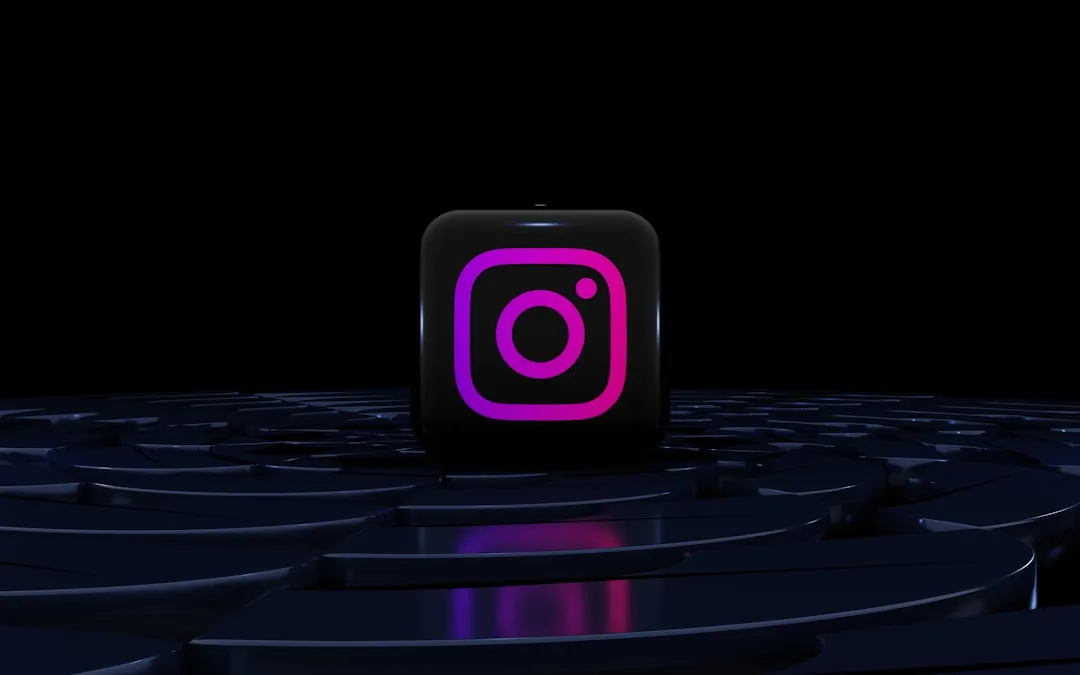
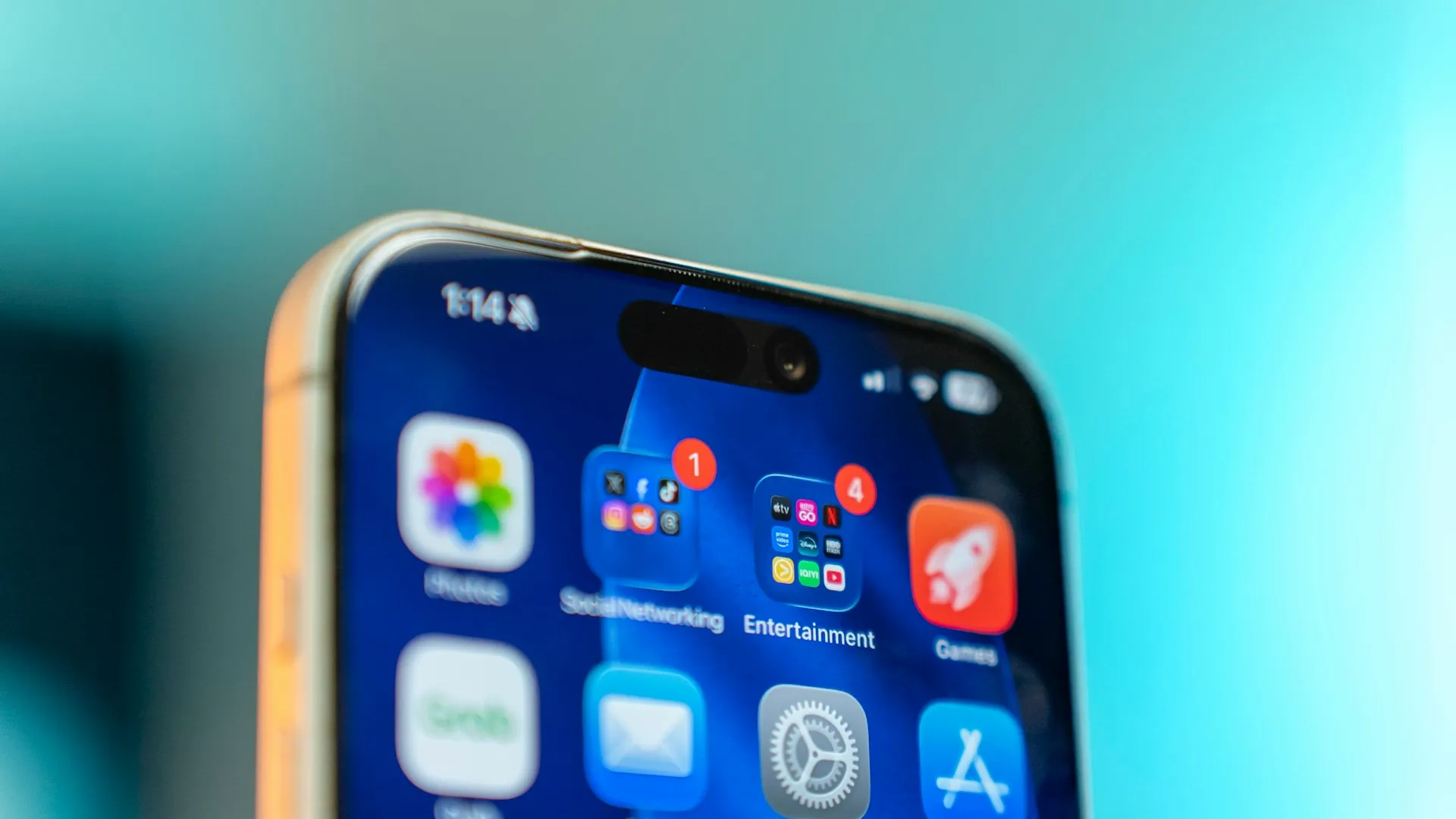
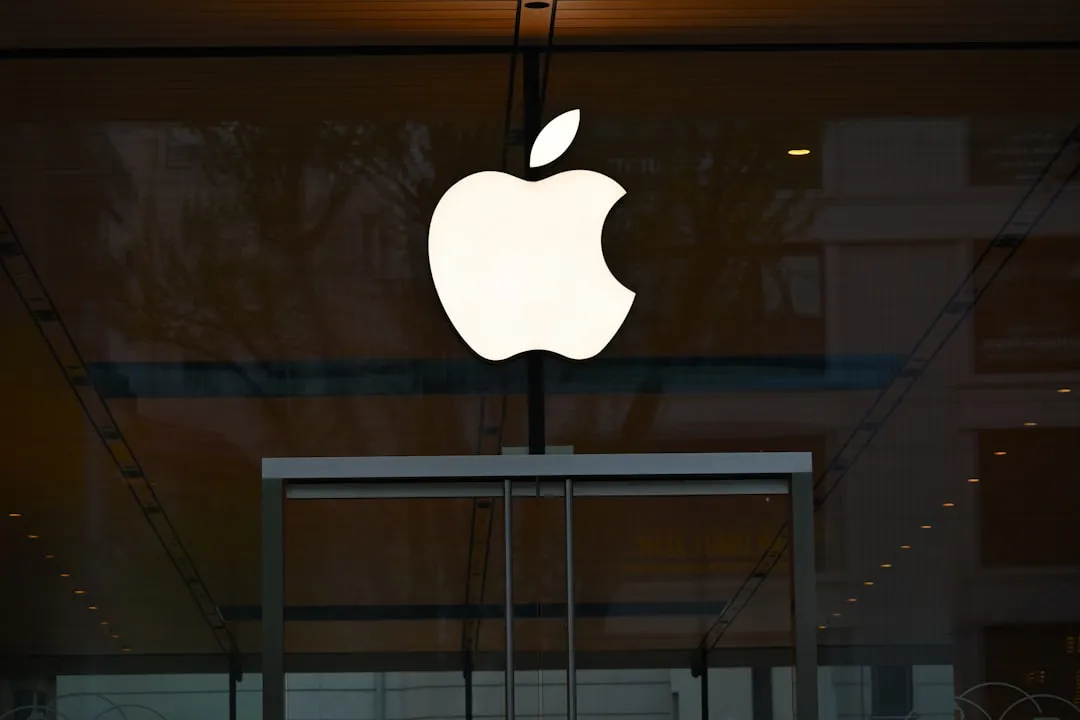

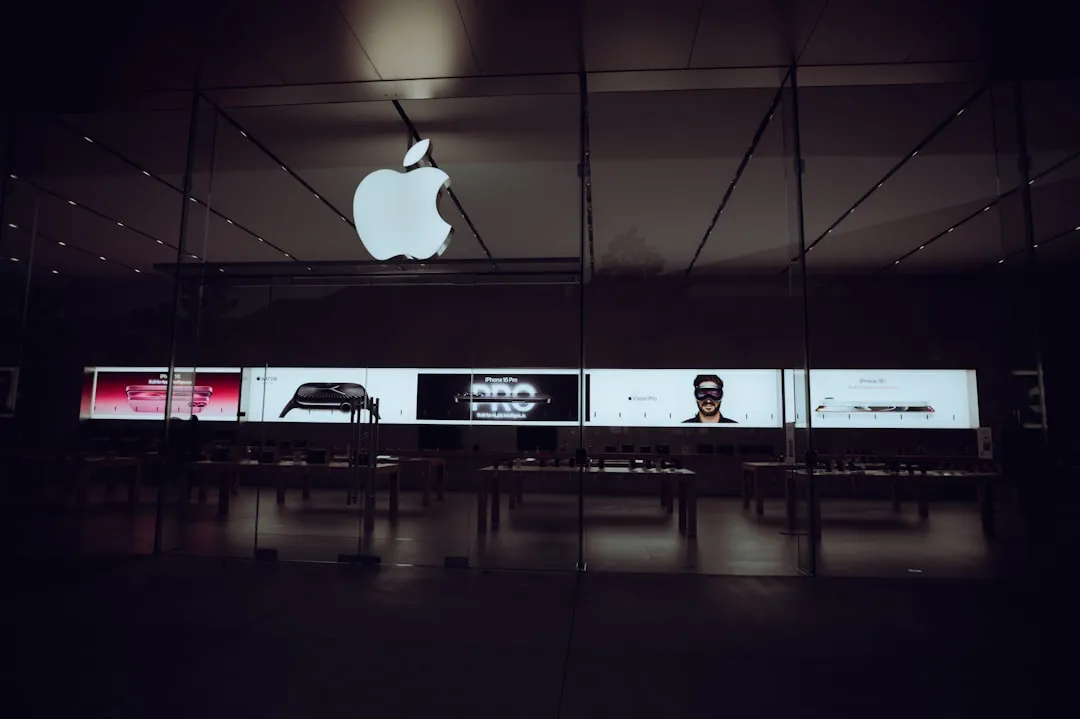
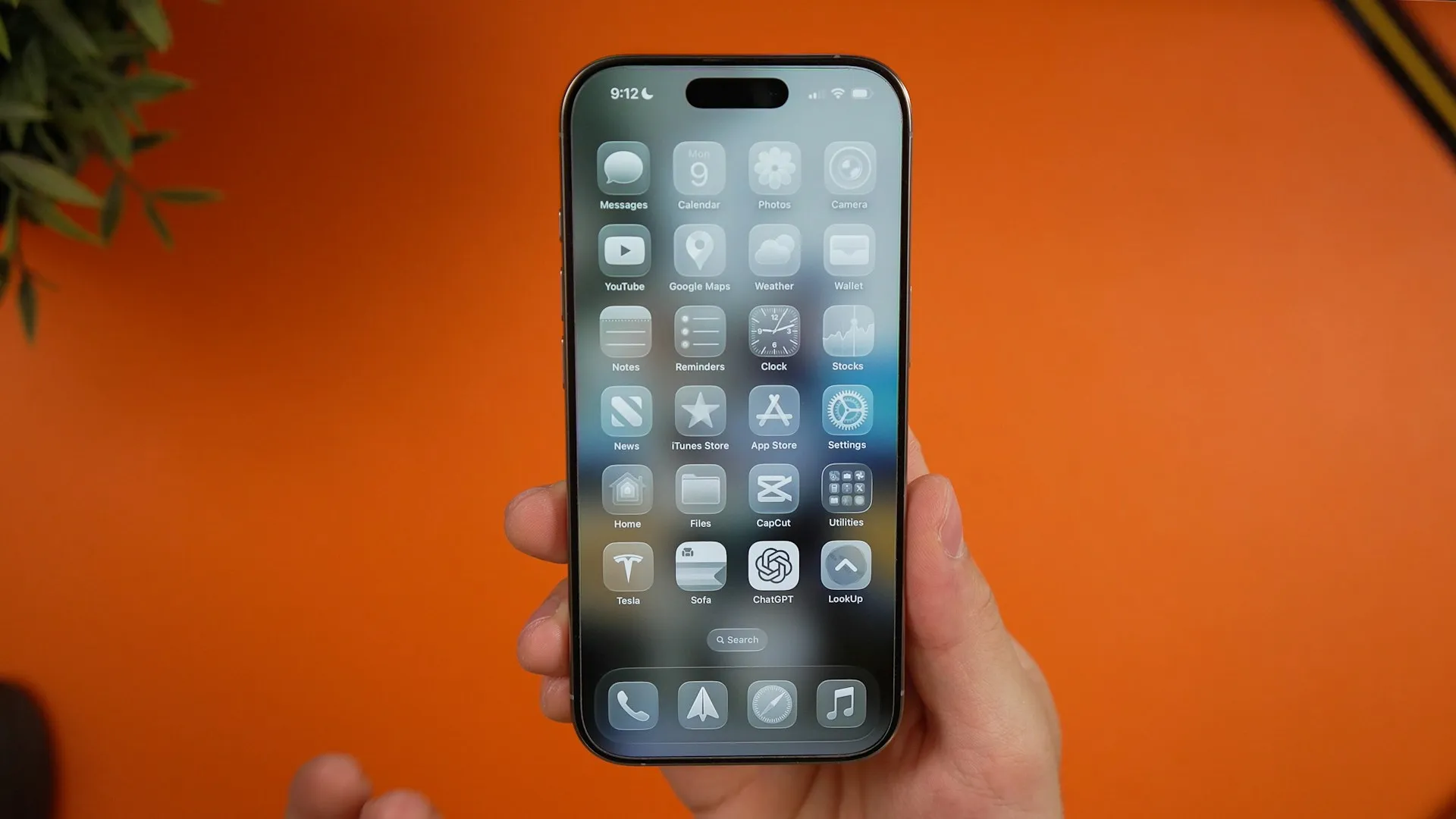

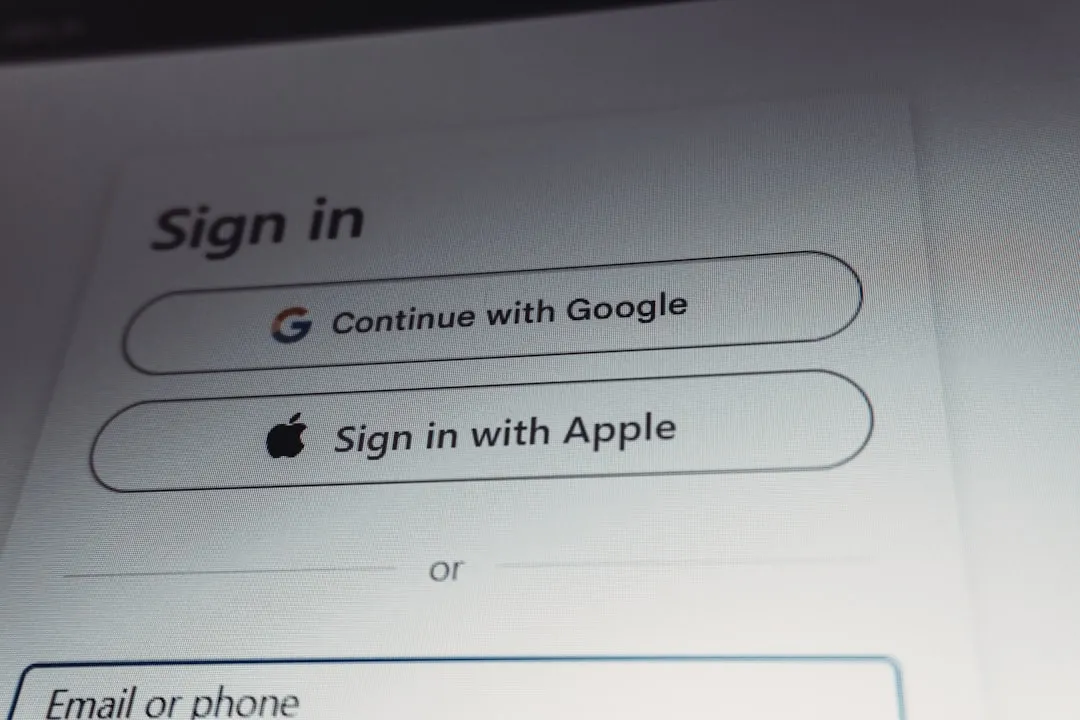

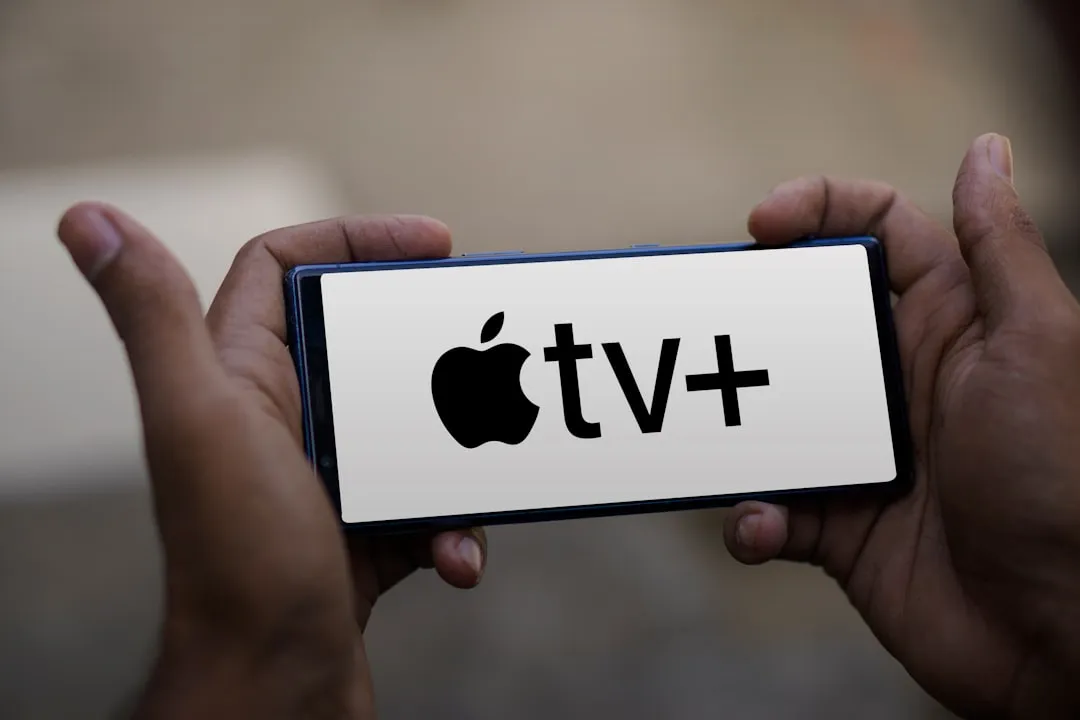

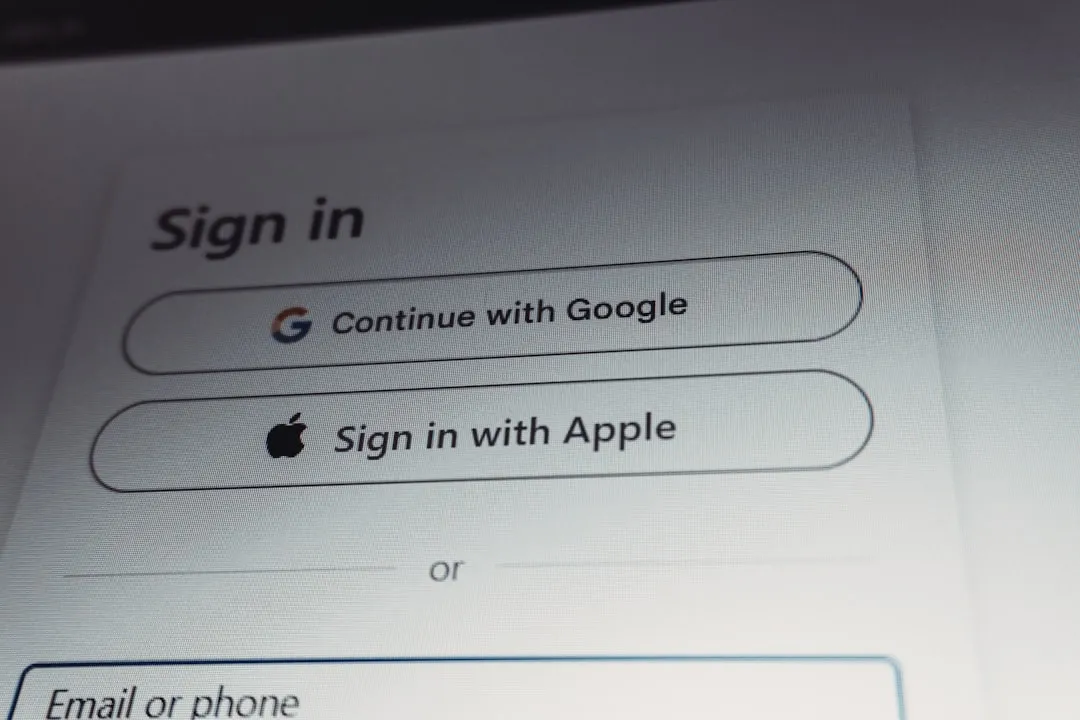
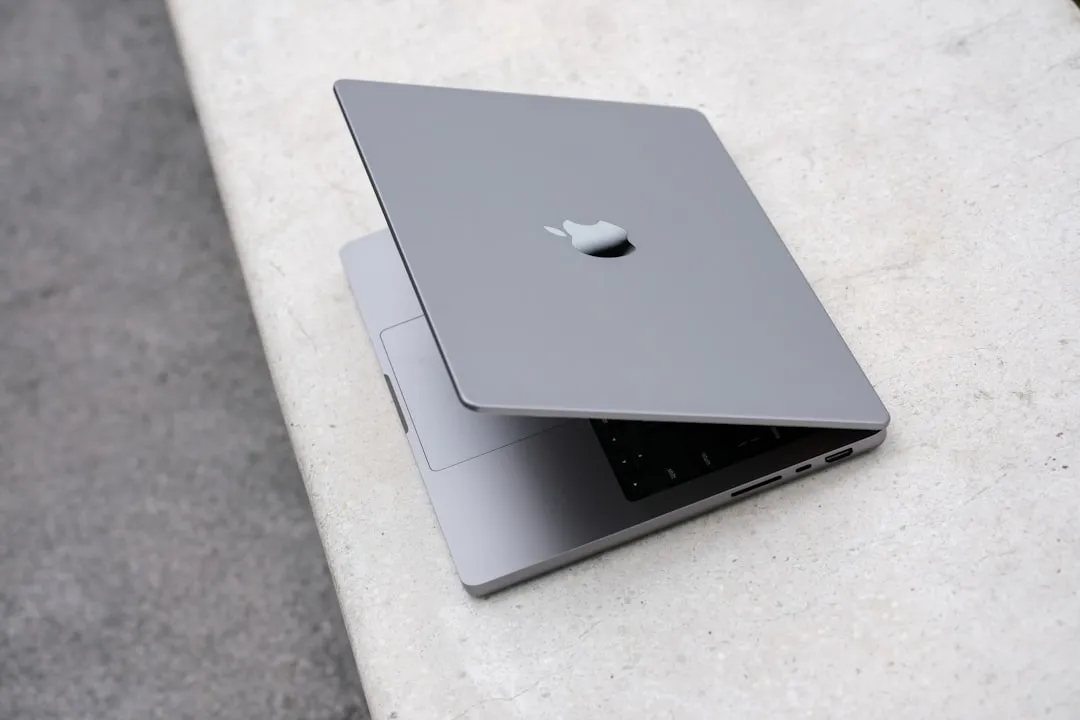

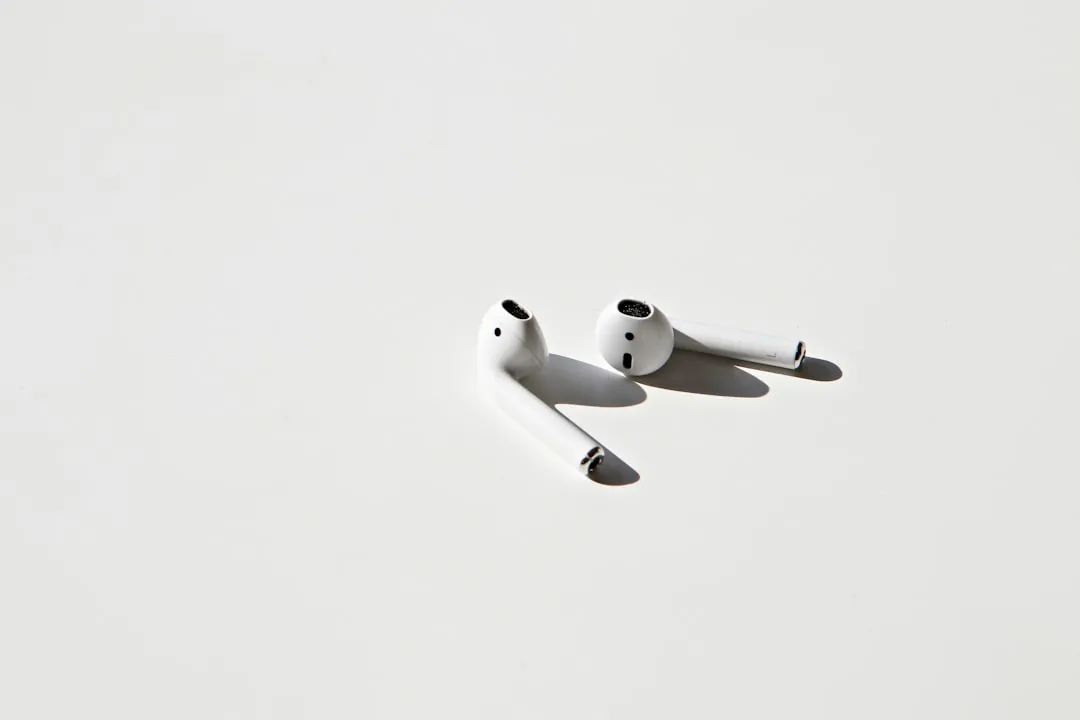
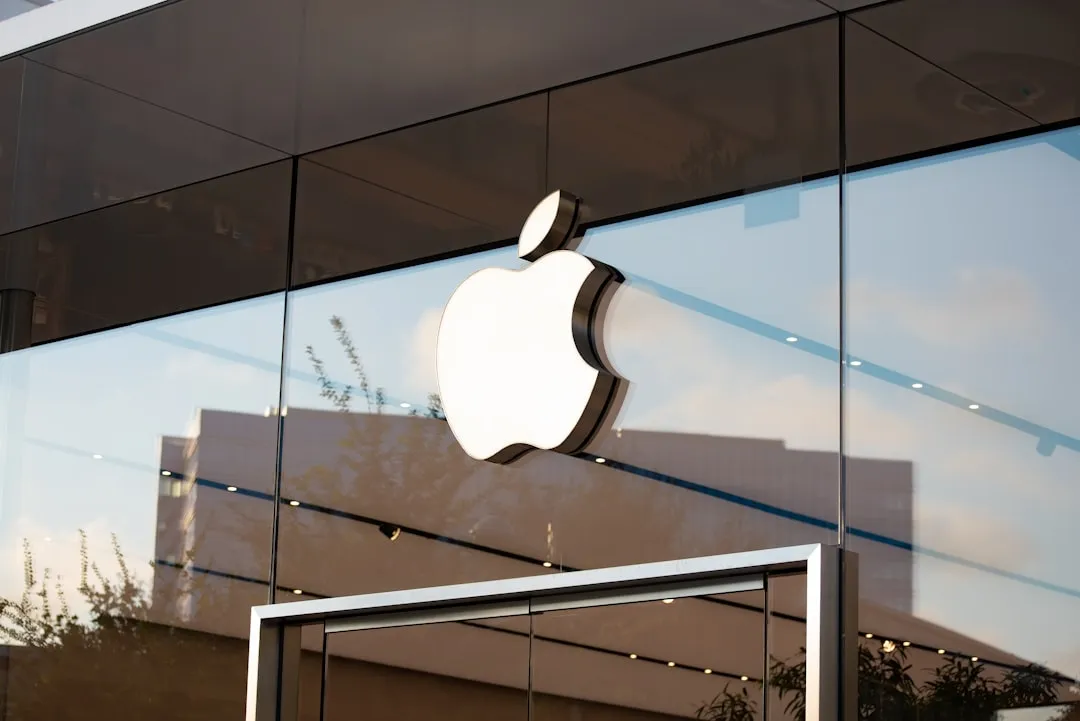

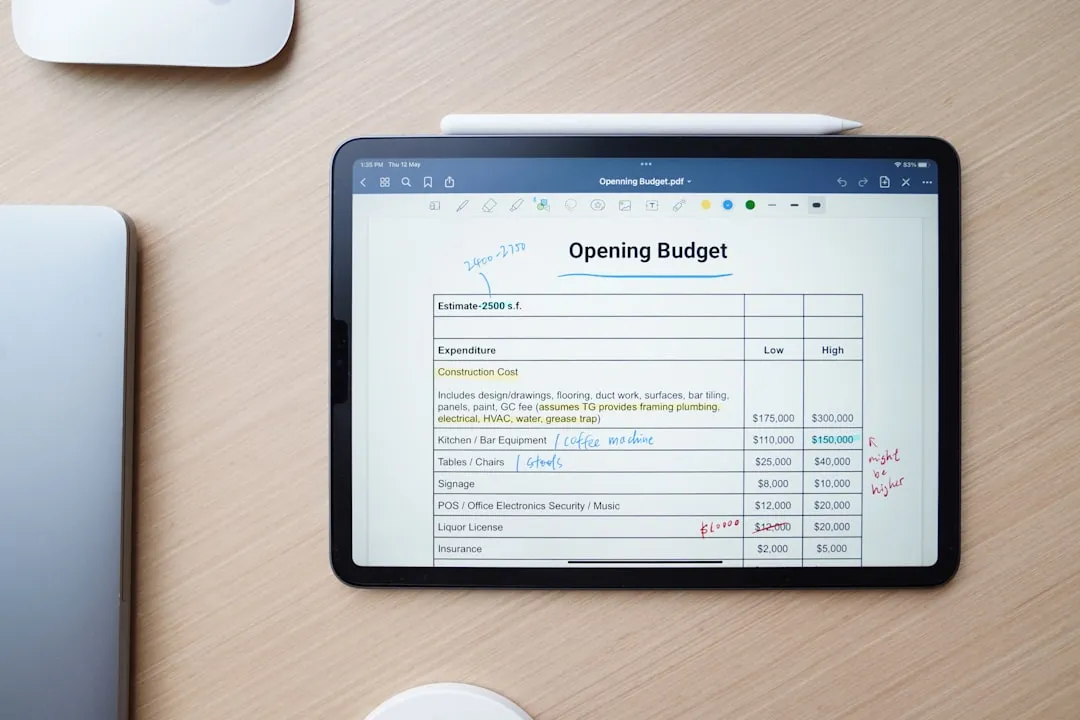

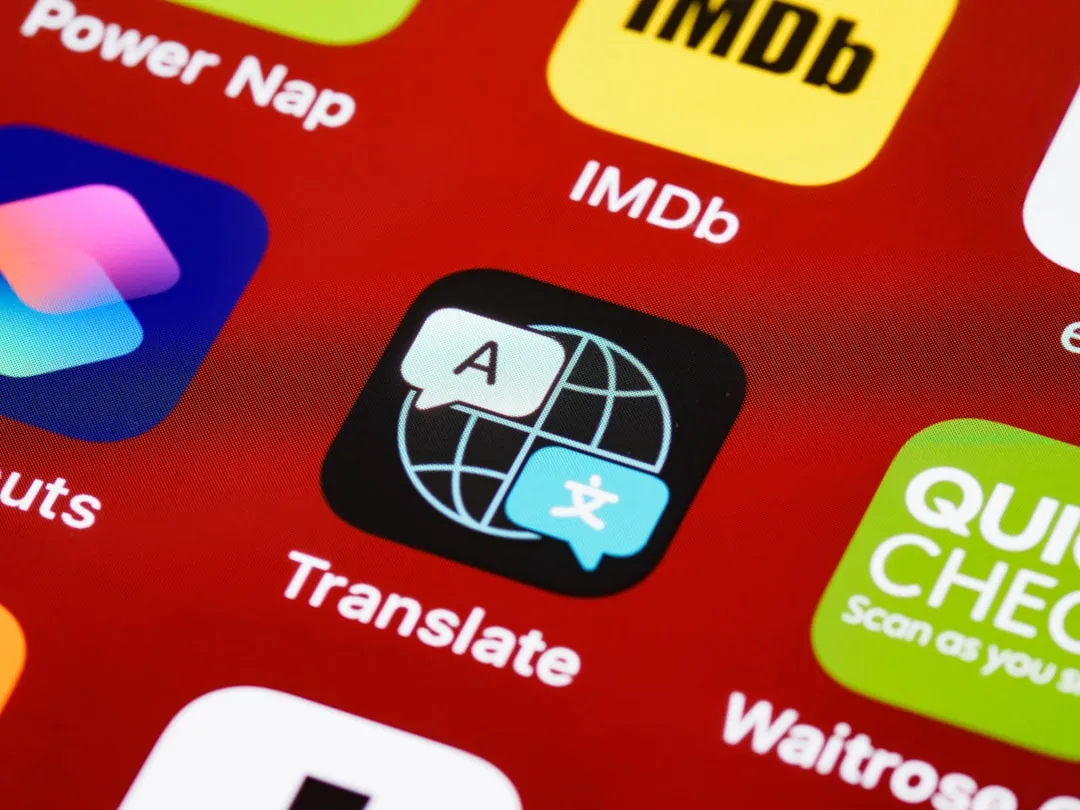

Comments
Be the first, drop a comment!